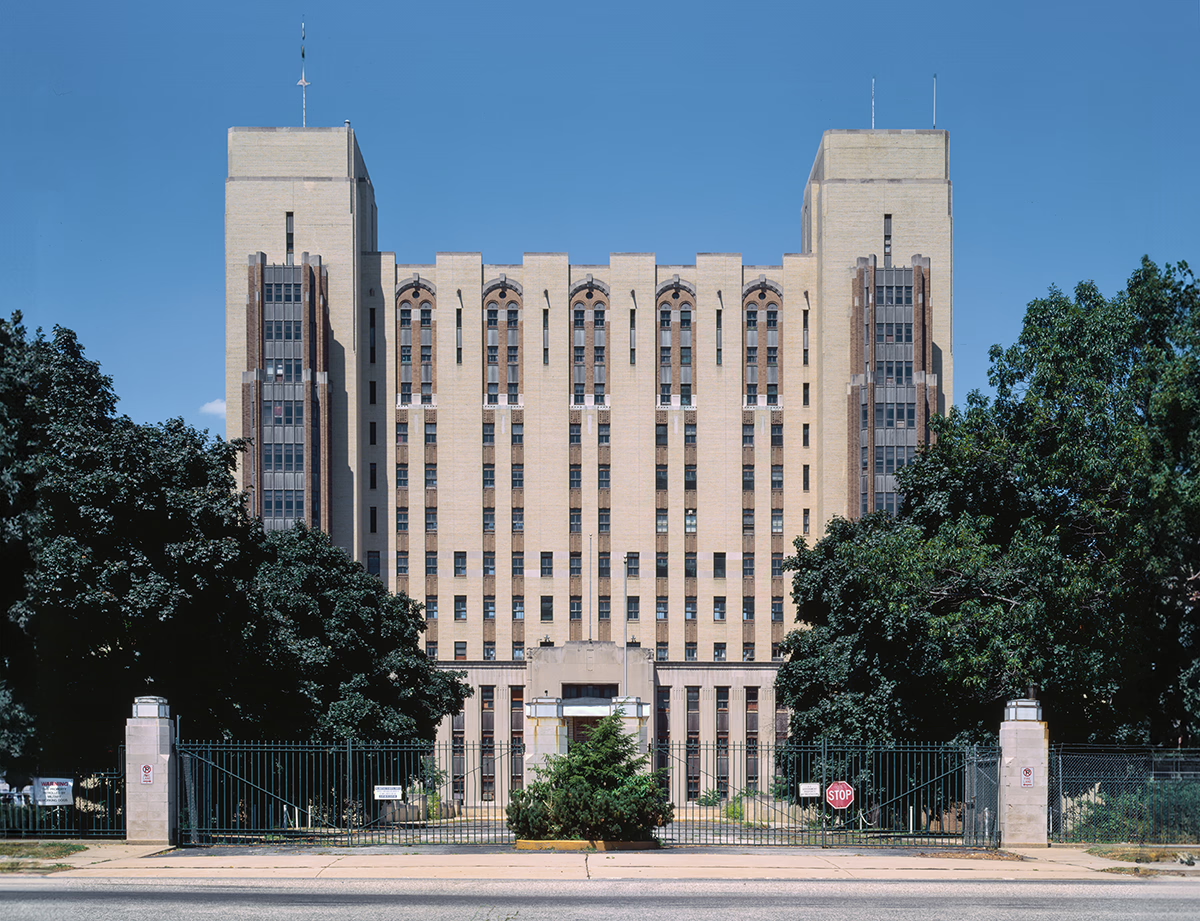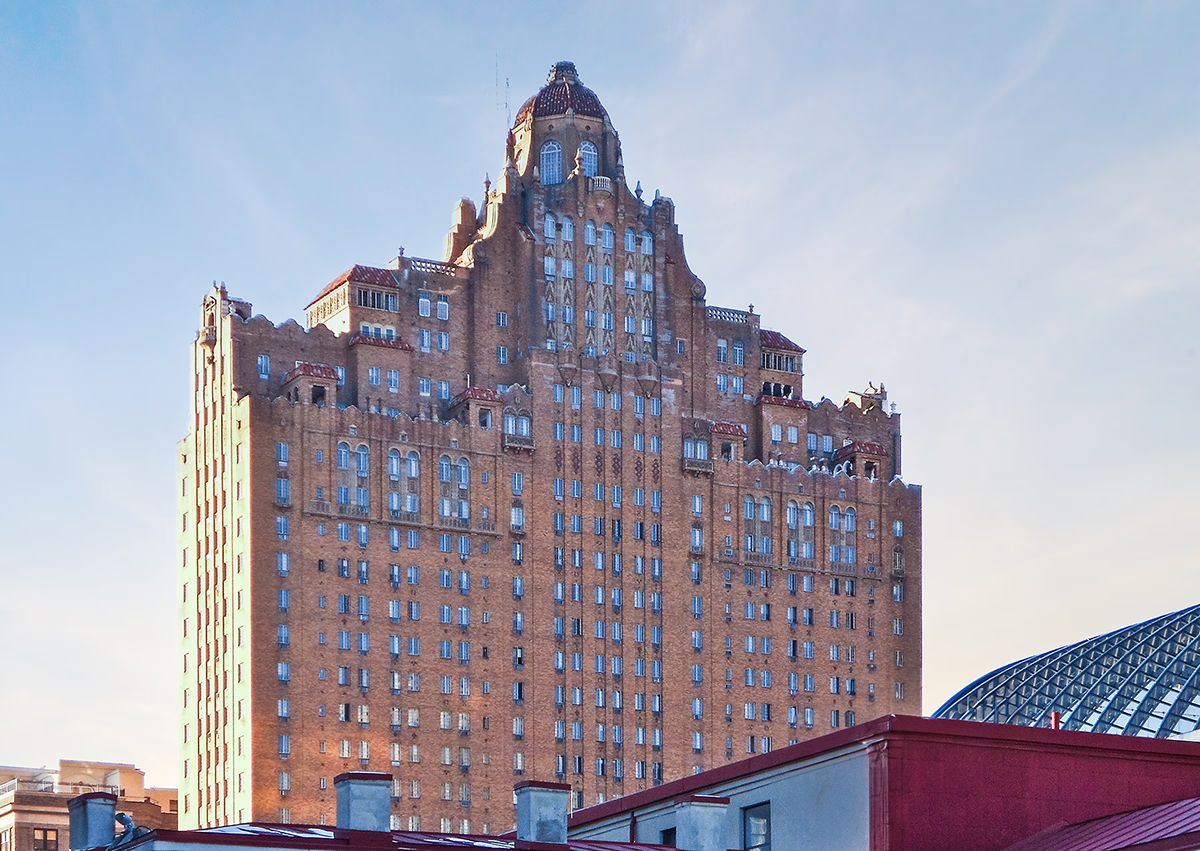Naval Hospital Philadelphia vs Drake Hotel


Comparing the Naval Hospital Philadelphia and the Drake Hotel is interesting because they both rise in Philadelphia, PA, yet they were conceived by two different design teams, Karcher and Smith and Ritter & Shay, and were completed at different points in time. They were finished more than 6 years apart.
This contrast within the same city allows us to see how different creative minds interpreted the evolving needs of Philadelphia across time.
Let's take a closer look!
Height & Size
The Drake Hotel is clearly the larger tower of the two, both in terms of height and number of floors. It rises to 374ft (114m) with 32 floors above ground, while the Naval Hospital Philadelphia reaches 0ft (m) with 15 floors above ground.
Of course, each project may have faced different briefs or regulatory constraints, which we don't really know about and could also explain the outcome.
Architectural Style
Both the Naval Hospital Philadelphia and the Drake Hotel were designed in line with the aesthetic conventions of the Art Deco style.
At the time, this style was at the height of its popularity. So both Karcher and Smith and Ritter & Shay followed what was in many ways expected of them, producing designs that fit comfortably within contemporary architectural norms, rather than breaking with convention.
Uses
The Naval Hospital Philadelphia is primarily medical, while the Drake Hotel is primarily residential.
Originally, the Drake Hotel was designed for hotel, but over time it was converted to residential. The Naval Hospital Philadelphia by contrast has maintained its original role.
Structure & Facade
Both the Naval Hospital Philadelphia and the Drake Hotel rely on a Frame structural system.
A frame structure uses a grid of columns and beams to carry the building's loads. This frees the walls from structural duties, allowing for flexible floor plans and larger windows.
They also employ the same type of facade, a Masonry facade.
A masonry facade gives the building a heavier, more traditional appearance. It often conceals a frame structure behind it, creating the look of solid walls without carrying the main loads.
| Naval Hospital Philadelphia | Drake Hotel | |
|---|---|---|
| Karcher and Smith | Architect | Ritter & Shay |
| 1933 | Construction Started | 1928 |
| 1935 | Year Completed | 1929 |
| Art Deco | Architectural Style | Art Deco |
| Medical | Current Use | Residential |
| 15 | Floors Above Ground | 32 |
| Frame | Structure Type | Frame |
| Steel | Vertical Structure Material | Steel |
| Concrete | Horizontal Structure Material | Concrete |
| No | Facade Structural? | No |
| Yellow Brick, Brown Terracotta | Main Facade Material | Brick, Terracotta |
| Louis Berger & Associates | Main Contractor | Murphy, Quigley Company |
| PA | State | PA |
| Philadelphia | City | Philadelphia |
| Pattison Avenue Between South Broad St. To 20th St. | Address | 1512 Spruce Street |